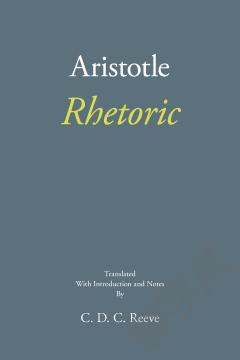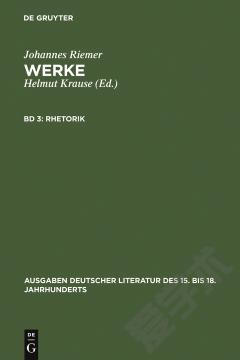Rhetoric
This paper describes the role of rhetoric in legitimating profound institutional change. In 1997, a Big Five accounting firm purchased a law firm, triggering a jurisdictional struggle within accounting and law over a new organizational form, multidisciplinary partnerships. We analyze the discursive struggle that ensued between proponents and opponents of the new organizational form. We observe that such rhetorical strategies contain two elements. First are institutional vocabularies, or the use of identifying words and referential texts to expose contradictory institutional logics embedded in historical understandings of professionalism, one based on a trustee model and the other based on a model of expertise. A second element of rhetorical strategies is theorizations of change by which actors contest a proposed innovation against broad templates or scenarios of change. We identify five such theorizations of change (teleological, historical, cosmological, ontological, and value-based) and describe their c...
{{comment.content}}








 京公网安备 11010802027623号
京公网安备 11010802027623号